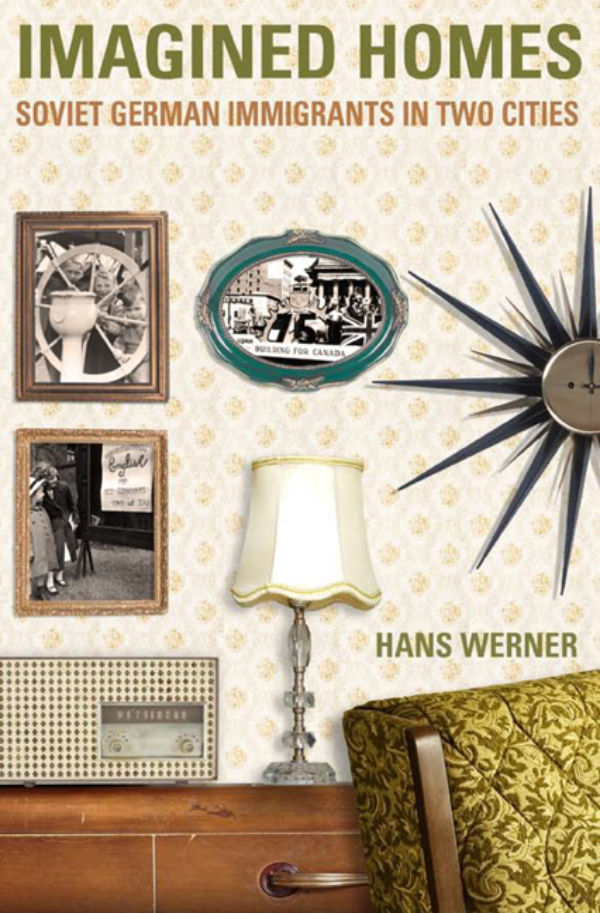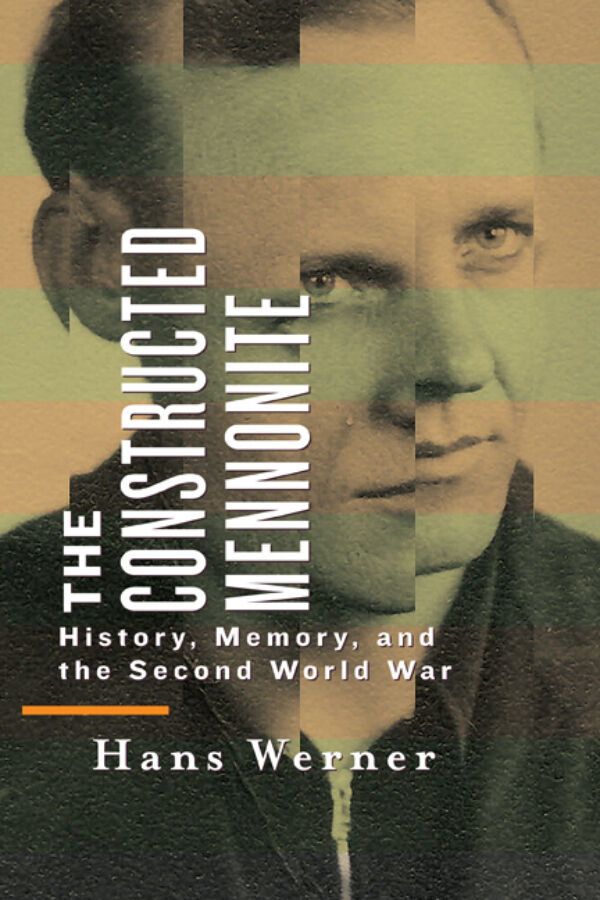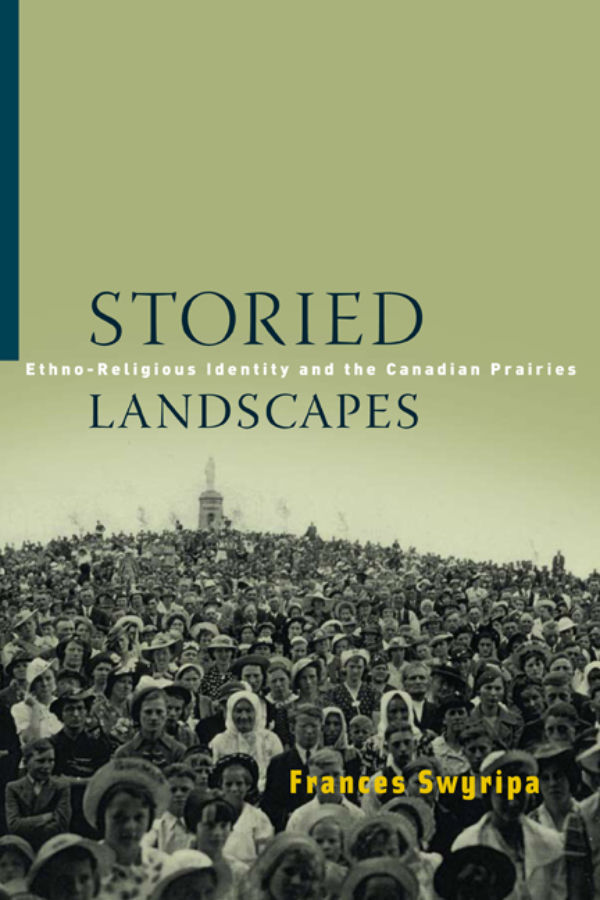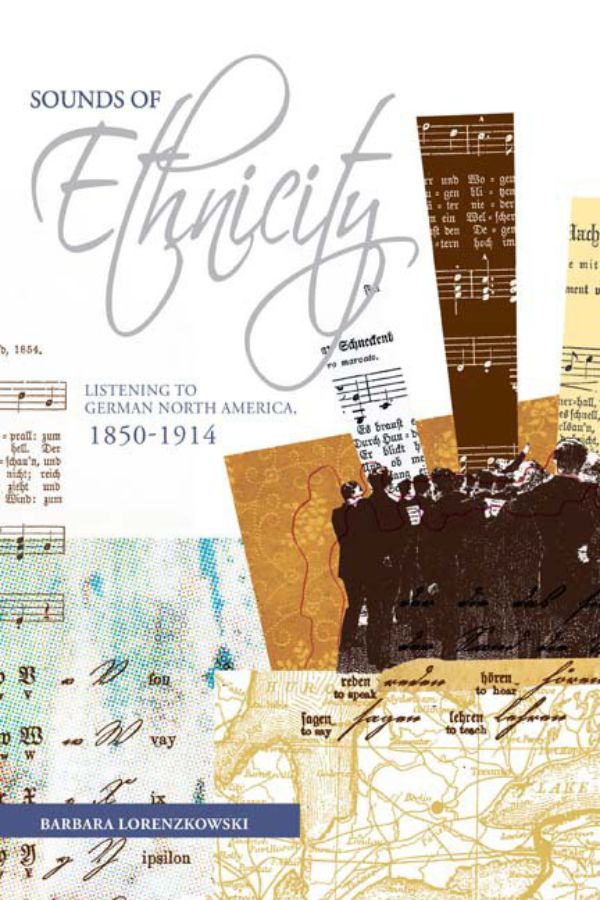Overview
Imagined Homes: Soviet German Immigrants in Two Cities is a study of the social and cultural integration of two migrations of German speakers from Eastern Europe and the Soviet Union to Winnipeg, Canada in the late 1940s, and Bielefeld, Germany in the 1970s. Employing a cross-national comparative framework, Hans Werner reveals that the imagined trajectory of immigrant lives influenced the process of integration into a new urban environment. Winnipeg’s migrants chose a receiving society where they knew they would again be a minority group in a foreign country, while Bielefeld’s newcomers believed they were “going home” and were unprepared for the conflict between their imagined homeland and the realities of post-war Germany. Werner also shows that differences in the way the two receiving societies perceived immigrants, and the degree to which secularization and the sexual and media revolutions influenced these perceptions in the two cities, were crucially important in the immigrant experience.
Reviews
“… a fascinating story of ethnic German migration that enriches our understanding of integration and acculturation processes in German and Canadian urban environments. Imagined Homes is highly recommended reading.”
Anke Ortlepp, German Historical Institute, Washington DC, Great Plains Quarterly, Summer 2009
“Werner’s study marks a major step in understanding the nature of ethnic German migration.”
Donal O’Sullivan, H-HistGeog, H-Net Reviews
About the Author
Table of Contents
Part One: The Setting - Chapter One: ‘One People’ - Chapter Two: The Receiving City - Chapter Three: The Value of Immigrants - Part Two: Putting Down Roots - Chapter Four: Self Reliance in Winnipeg - Chapter Five: Bielefeld, Settling in the Welfare State - Part Three: Reproducing Community - Chapter Six: Family Strategies - Chapter Seven: Faith Worlds - Chapter Eight: The Linguistic Paradox - Part Four: Participation - Chapter Nine: Membership






